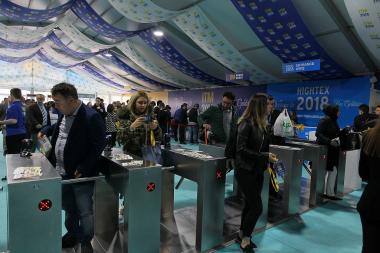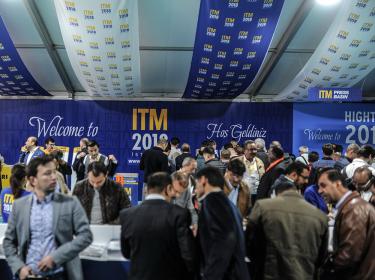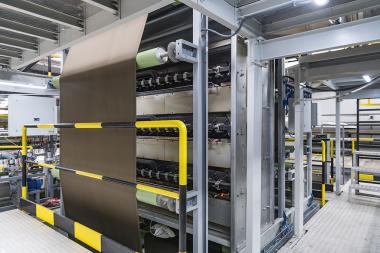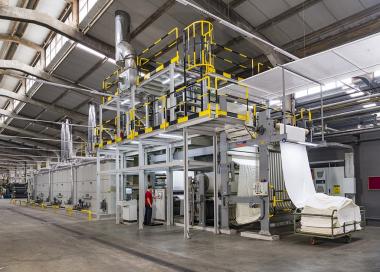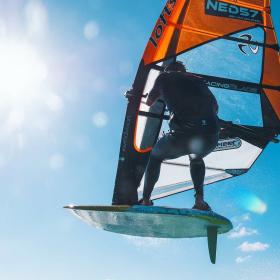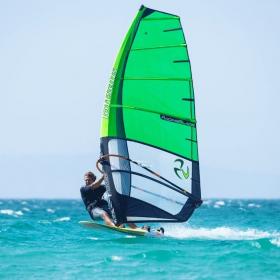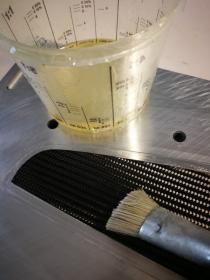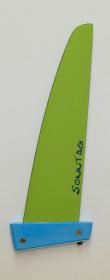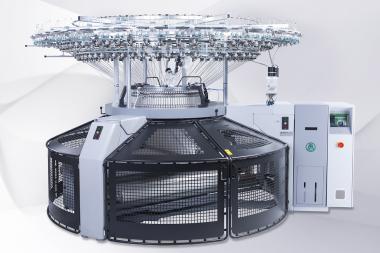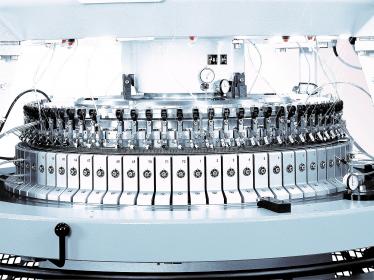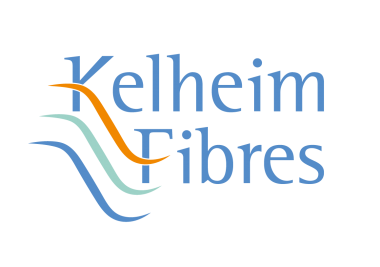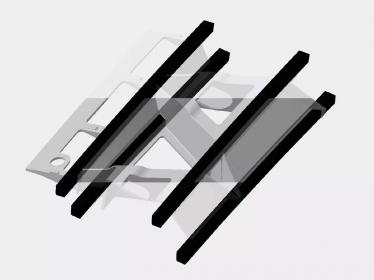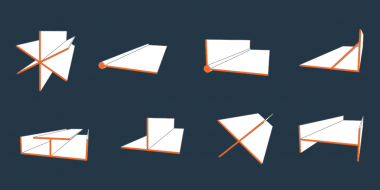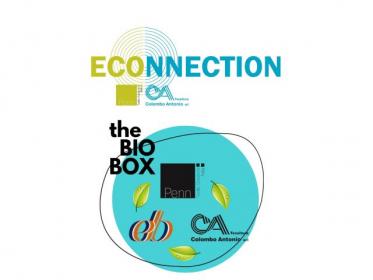Global Success of Technical Textiles will be Reflected in HIGHTEX 2021
- The nonwoven and technical textiles industry has become the focus of the whole world during the pandemic process.
- Most countries carried out works for these sectors with their investments, production and innovations.
During the pandemic process, a new one is added every day to the works for the nonwoven and technical textiles sector, whose importance is increasing in line with the needs. Turkey has become a center of technical textiles by showing that its accumulation in these field and power.
In the Turkish technical textiles sector, which has an export market of 107 billion dollars worldwide and continues to break its own export record every month, R&D and innovation investments continue without slowing down. Technical textile exports, which increased by 77 percent in last November compared to the same month of the previous year, increased by 55 percent in January - November period and reached 2.5 billion dollars. Thus, technical and smart textiles and production technologies both attracted more attention and gained more importance in line with the needs of the pandemic process.
HIGHTEX 2021 International Technical Textiles and Nonwoven Fair, which will be held at Tüyap Fair and Congress Center on 22-26 June 2021, will be the exhibition where the latest technologies and products for nonwoven, technical and smart textiles which have become more important during the pandemic period and have become the focus of the whole world. Especially the products and technologies produced for the pandemic will attract more attention at the exhibition. HIGHTEX 2021 Exhibition, which will gather its exhibitors and visitors under one roof, will also allow new collaborations. At the same time, the exhibition, where developing technologies and products are exhibited, will provide a great advantage in terms of the formation of new business ideas.
HIGHTEX 2021, the first and only exhibition in Turkey in its field are expected to sign a new record in terms of number of exhibitors and visitors. You can visit www.hightexfairs.com website for more information about HIGHTEX 2021, which is preparing to attract more attention and host people than ever before.
HIGHTEX 2021 International Technical Textiles and Nonwoven Fair Technical Textiles nonwovens
HIGHTEX 2021


